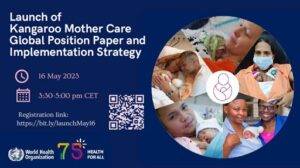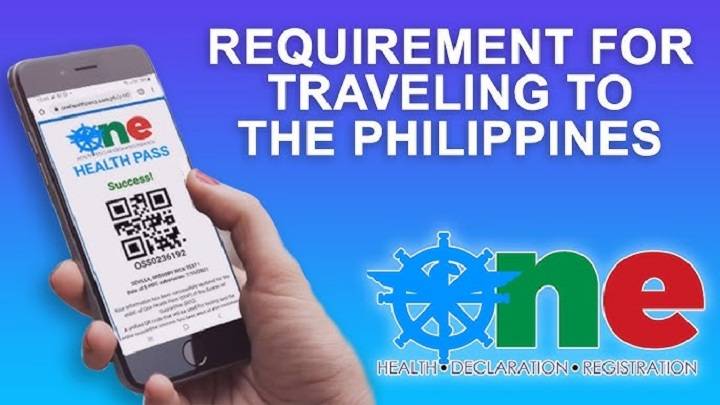In a world forever changed by the COVID-19 pandemic, governments and societies have had to adapt quickly to ensure public safety and mitigate the spread of the virus. One such adaptation is the introduction of health passes, a concept that has gained prominence as a means to facilitate safer interactions and mobility. In the Philippines, the “One Health Pass” has emerged as a comprehensive solution aimed at managing and regulating access to various public spaces, services, and events. This article explores the One Health Pass in the Philippines, its significance, implementation, and its impact on individuals and communities.
Understanding the One Health Pass
What is the One Health Pass?
The One Health Pass is a digital or physical document that verifies an individual’s health status, particularly concerning their COVID-19-related information. This pass is a dynamic tool that helps in ensuring the safety of communities and enabling people to access various public spaces and services.
Why is it Necessary?
The One Health Pass is a crucial response to the pandemic’s challenges, offering a way to:
- Control and mitigate the spread of COVID-19.
- Provide a sense of security to the public by enabling safe access to essential services.
- Allow businesses to operate more efficiently under pandemic conditions.
- Enable quick contact tracing in the event of an outbreak.
Implementation and Registration

How to Get the One Health Pass
To obtain a One Health Pass, individuals must:
- Register on the official One Health Pass website or app.
- Provide personal and health information, including vaccination status, test results, and recent travel history.
- Submit any required documents for verification, such as a vaccination card or test certificates.
The Verification Process
Once submitted, the information and documents provided will undergo a verification process. This process may include cross-referencing with health department databases, vaccination centers, and testing facilities. After successful verification, users will receive their One Health Pass.
Benefits of the One Health Pass
Safe Access to Public Spaces
One of the primary advantages of the One Health Pass is the ability to safely access public spaces, such as:
- Restaurants
- Gyms
- Cinemas
- Shopping malls
- Transportation hubs
Streamlined Travel
The One Health Pass can also facilitate travel by:
- Providing an electronic record of an individual’s COVID-19-related information for immigration purposes.
- Reducing the need for quarantine, depending on the pass holder’s health status and travel history.
Contact Tracing
The One Health Pass aids health authorities in quickly identifying and notifying close contacts of individuals who test positive for COVID-19. This is essential for controlling the spread of the virus.
Encouraging Vaccination
The One Health Pass serves as an incentive for vaccination, motivating more people to get vaccinated to enjoy the benefits of the pass.
Challenges and Concerns
Privacy Concerns
There are concerns about the collection and storage of personal health information, as well as potential misuse of this data.
Accessibility Issues
Not everyone has access to the technology needed to obtain a digital health pass, which may lead to inequalities.
Fraud and Forgery
The digital nature of the pass has raised concerns about potential hacking, forgery, and the sale of fake passes.
The One Health Pass in the Philippines represents a significant step in adapting to the new normal created by the COVID-19 pandemic. It aims to balance the need for public safety with the necessity of maintaining economic and social activities. While the pass offers many benefits, it also raises important questions about privacy, equity, and security. As the world continues to grapple with the pandemic, the One Health Pass remains a valuable tool for managing and controlling the virus’s spread while allowing society to move forward.


